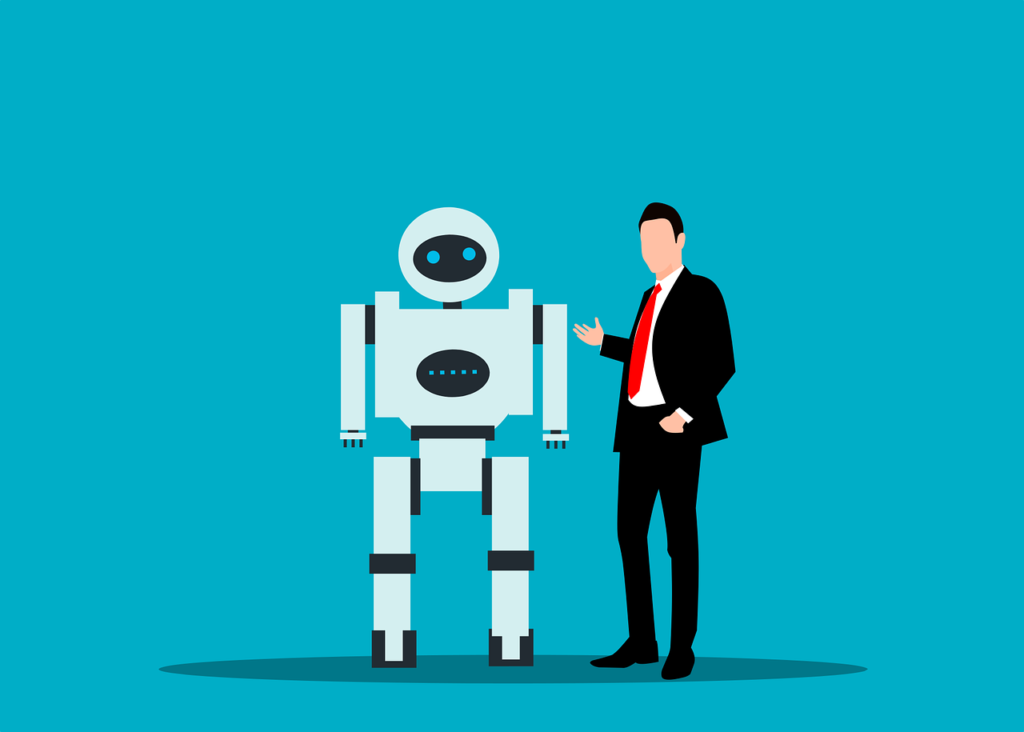In an era where technology evolves at an unprecedented pace, artificial intelligence (AI) has become a buzzword synonymous with both innovation and fear. As a data analyst, I’ve witnessed firsthand the transformative power of AI and its impact on the job market. While it’s true that AI is changing the landscape of employment, the narrative isn’t as bleak as some might suggest. Instead of fearing job replacement, it’s time to talk about job evolution and how embracing AI can actually future-proof your career.
The Dual Nature of AI in the Job Market
AI’s impact on jobs is a double-edged sword. On one side, automation and AI technologies are streamlining operations, making some roles less necessary, or in some cases, obsolete. This isn’t a new phenomenon; it’s a natural part of technological advancement. Consider the switchboard operator example: there was a time when every phone call was manually connected by a human operator. Today, this job is virtually non-existent, replaced by automated systems. However, this didn’t signal the end of employment. Instead, it paved the way for new industries and job roles, from telecommunications engineering to customer service and beyond.
The lesson here is that as certain jobs disappear, new opportunities arise. AI is no exception. Its advancement is creating a demand for a wide range of new skills and professions. Data scientists, AI specialists, and machine learning engineers are just the tip of the iceberg. As AI integrates into various industries, from healthcare to finance, it opens up new avenues for employment that we are just beginning to explore.
Future-Proofing Your Career with AI
The solution isn’t to resist AI but to adapt and grow with it. Interestingly, even computer scientists and machine learning engineers—the very individuals developing these AI technologies—are coming to terms with the idea that their roles may evolve. The ultimate goal of AI is to democratize technology, making it possible for non-technical people to create and leverage technology through plain language or no-code solutions. This ambition speaks volumes about the future landscape of work: a world where the ability to innovate and adapt, rather than specific technical skills, holds the key to relevance and success. Here’s how you can start future-proofing your career today:
Embrace the Change
Start with a mindset shift. View AI as a tool rather than a threat. By understanding the basics of AI and how it can benefit your field, you position yourself as a forward-thinking professional. This doesn’t mean you need to become a machine learning expert overnight, but having a foundational knowledge will help you identify how AI can enhance your work. A good place to start is the “AI for Everyone” course by DeepLearning.ai that you can audit for FREE at Coursera.
Learn and Adapt
Invest in learning new skills that complement AI technologies. This could mean taking courses in data analysis, machine learning, or even basic programming. The goal is to enhance your ability to work alongside AI, using it to increase efficiency and innovation in your role. Many online platforms offer courses tailored to various aspects of AI, making it easier than ever to start. Check out my AI Fundamentals blog section to learn the basics of AI!
Stay Informed
Keep abreast of the latest developments in AI and how they’re impacting your industry. By staying informed, you can anticipate changes and adapt your skill set accordingly. Follow thought leaders, attend webinars, and participate in relevant forums to keep your knowledge up to date. OpenAI’s blog as well as my AI News section are filled with latest news about the AI field.
Cultivate Creativity and Emotional Intelligence
While AI excels at analyzing data and identifying patterns, it lacks the human touch. Skills like creativity, emotional intelligence, and problem-solving are becoming increasingly valuable. Cultivating these skills ensures you remain irreplaceable, as they complement the analytical prowess of AI.
Network and Collaborate
Engage with professionals who are already working with AI. Networking allows you to share insights and learn from others’ experiences. Collaboration can also lead to innovative projects that combine your expertise with AI capabilities, showcasing your adaptability and foresight.
Conclusion
As we navigate the age of automation, it’s clear that AI will take some jobs but also create many others. By embracing AI, learning how it works, and adapting it to your workflow, you can not only secure your current position but also open doors to new opportunities. The future belongs to those who are prepared to learn, adapt, and innovate. Let’s not fear AI but leverage it to build a brighter, more efficient, and exciting future for everyone.

Ronan currently navigates the dynamic world of data science as a Data Analyst in a leading marketing firm. Passionate about bridging AI theory and practice, Ronan writes about AI fundamentals, Business Applications of AI, AI Business Ideas, and AI News, always at the forefront of emerging technologies and innovative strategies.

